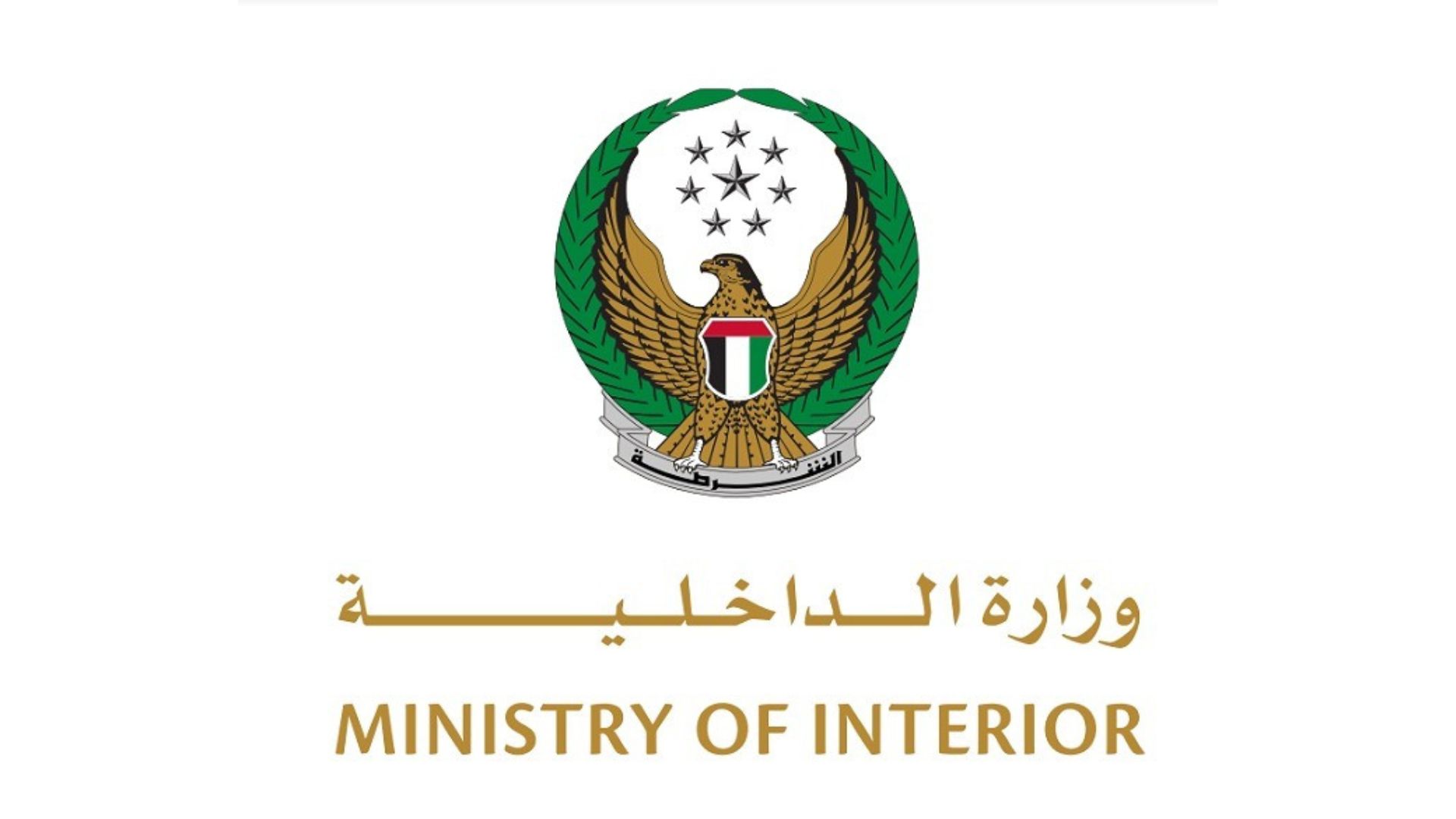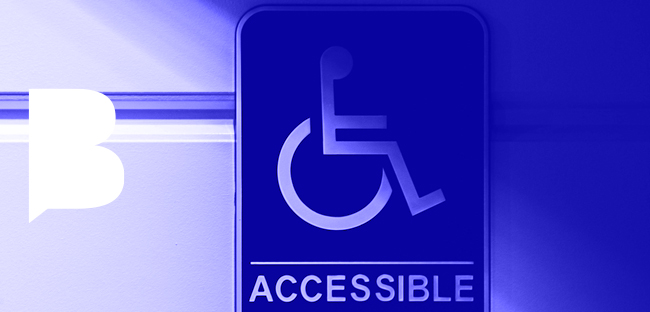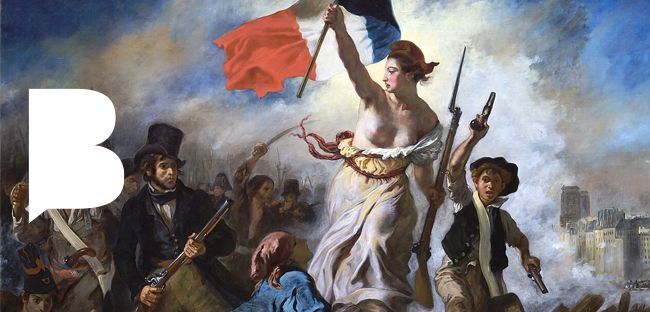Bitcoin and Ether fell on Tuesday as traders took profits following a recent market rally and positioned themselves ahead of upcoming macroeconomic events. Bitcoin dropped 2.78% to $113,234, briefly trading as low as $112,709, while Ether fell 5.44% to $4,108.
Analysts attribute the declines to profit-taking and leveraged liquidations after Bitcoin reached an all-time high earlier this month. Market participants take a wait-and-see approach, with ether key levels at $4,200 support and $3,900 downside risk.
Spot Bitcoin and Ether ETFs are also being closely monitored. ETFs have recently seen net outflows after strong inflows in July and early August, signalling cautious investor sentiment.
Traders are now focused on July’s Federal Open Market Committee meeting minutes. Federal Reserve Chair Jerome Powell’s Jackson Hole speech on Friday could trigger sharp market movements depending on policy signals.
Investors remain cautious, positioning for Powell’s remarks while weighing the potential impact of expected rate cuts in September. Analysts suggest the market may consolidate until greater clarity emerges on monetary policy.
Would you like to learn more about AI, tech and digital diplomacy? If so, ask our Diplo chatbot!






























